
The World Bank warns of a 'learning crisis' in global education that millions of young students face the prospect of losing opportunity because their schools fail to educate them to succeed in life. In this context, the strategic cooperation between three strong universities – Stanford, University of Helsinki and Beijing Normal University proposed to bring education into the forefront of AI research and provide tools to boost high-level learning opportunities for all.
From 24 to 26 October 2018, the first workshop under the theme of "Using 21st Century Tools in Education" was held at Stanford University. Delegates from all three parties attended the workshop to discuss the cooperation in detail. Professor Shengquan Yu, Executive Director of the Advanced Innovation Center for Future Education of Beijing Normal University, attended this workshop with his group members.
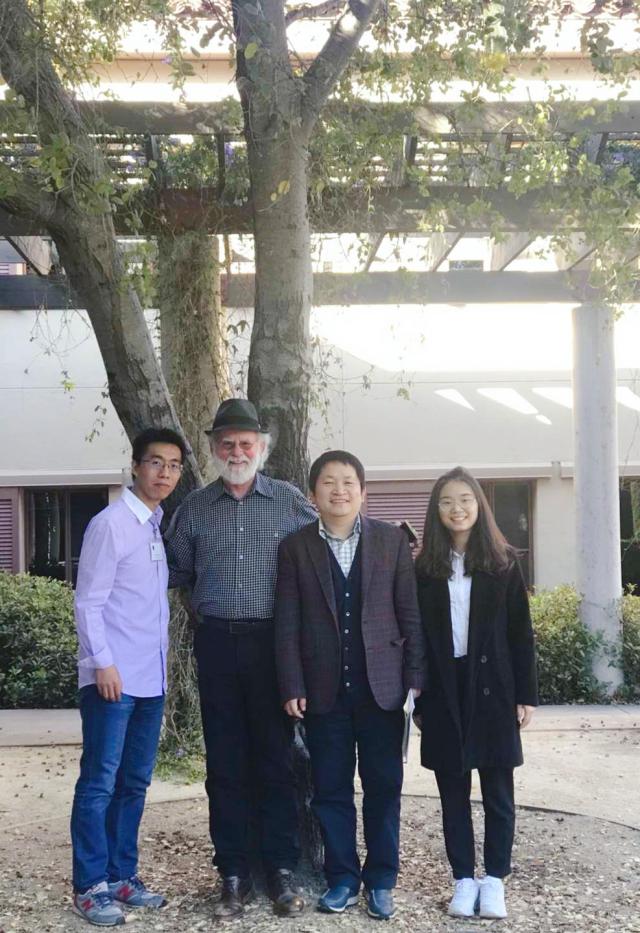
Figure 1: Professor Roy Pea and Professor Shengquan Yu's Group
Professor Keith Devlin, Executive Director of H-STAR, and John Mitchell, Professor of Stanford University, expressed their warm welcome to the delegates. The theme of AI technology in education and six different sessions – “Changing World”, “Role of AI in Education”, “Engaging Learning Environment”, “Pervasive Data Collection”, “Changing Expertise – Critical Thinking Skills – Lifelong Learning”, and “Innovation in Learning and New Learning Environment” were carried out.
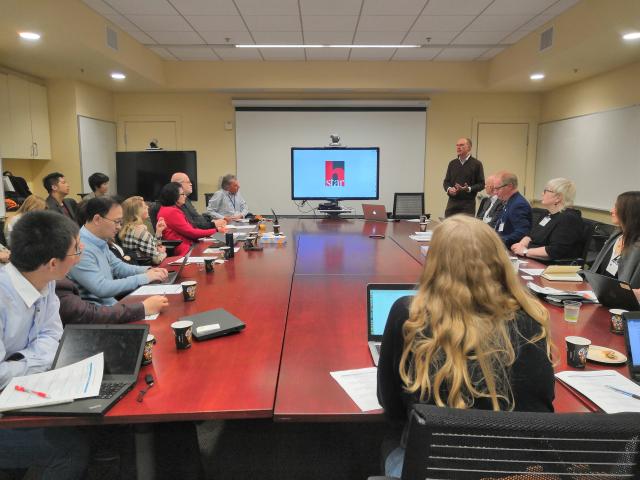
Figure 2: Professor John Mitchell welcomes all the delegates
Professor Shengquan Yu gave a presentation on “Future Roles of Artificial Intelligent Teacher”, in which the three phases of AI Tutor – Learning Assistant, Learning Partner, AI Tutor were introduced. Professor Yu also described the different research directions of AI Tutor in detail.
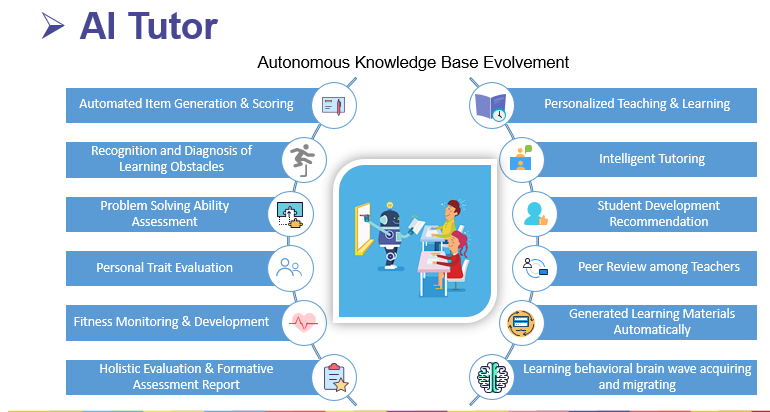
Figure 3: Research directions of AI Tutor Project
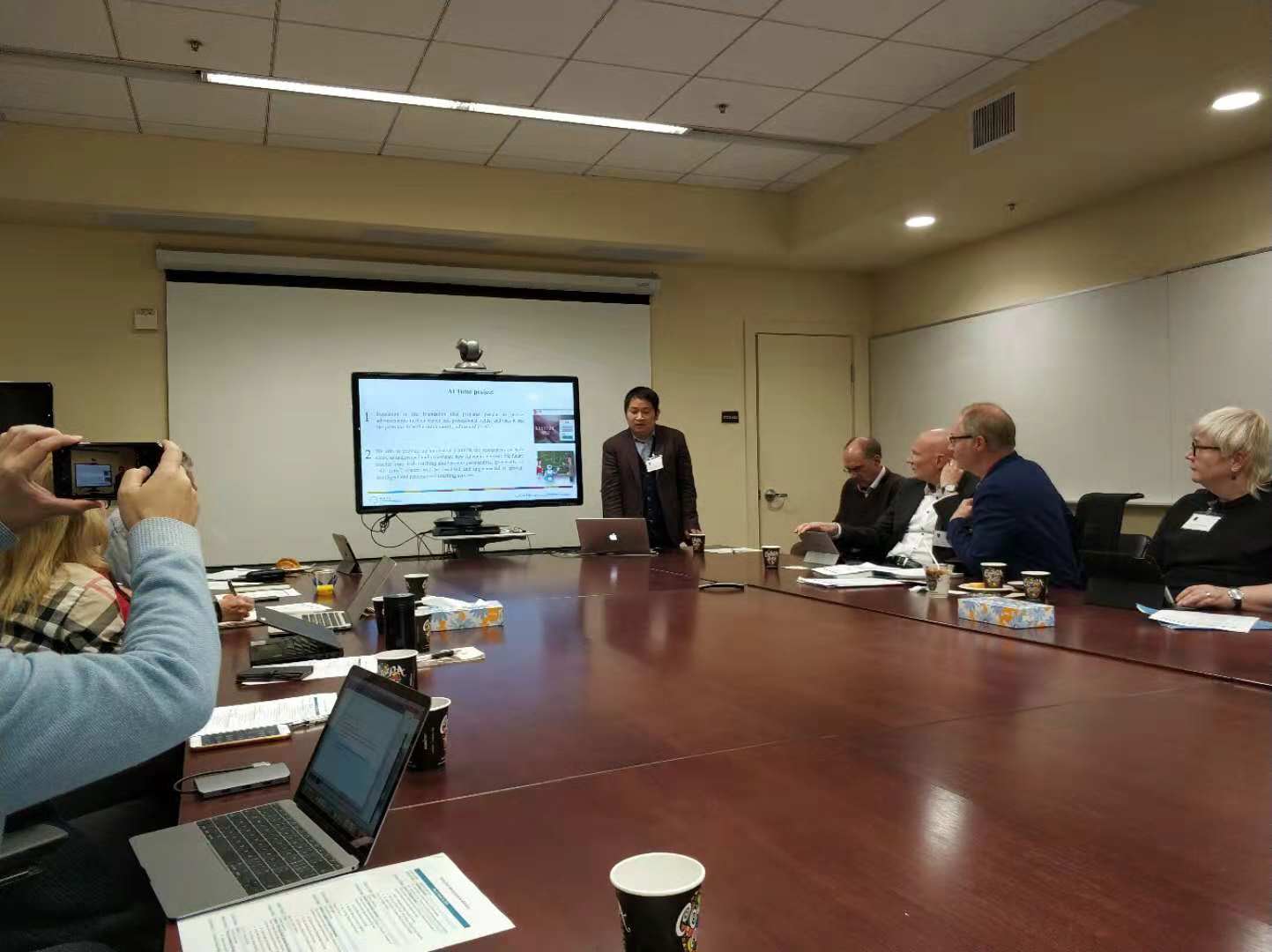
Figure 4: Professor Yu introduces the AI Tutor Project
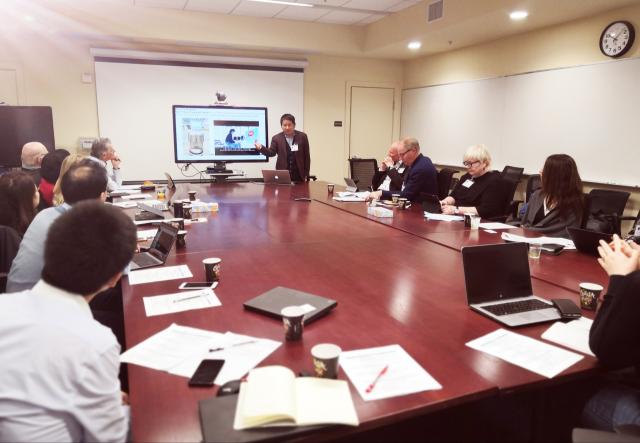
Figure 5: Professor Yu introduces the robot smart learning partner project
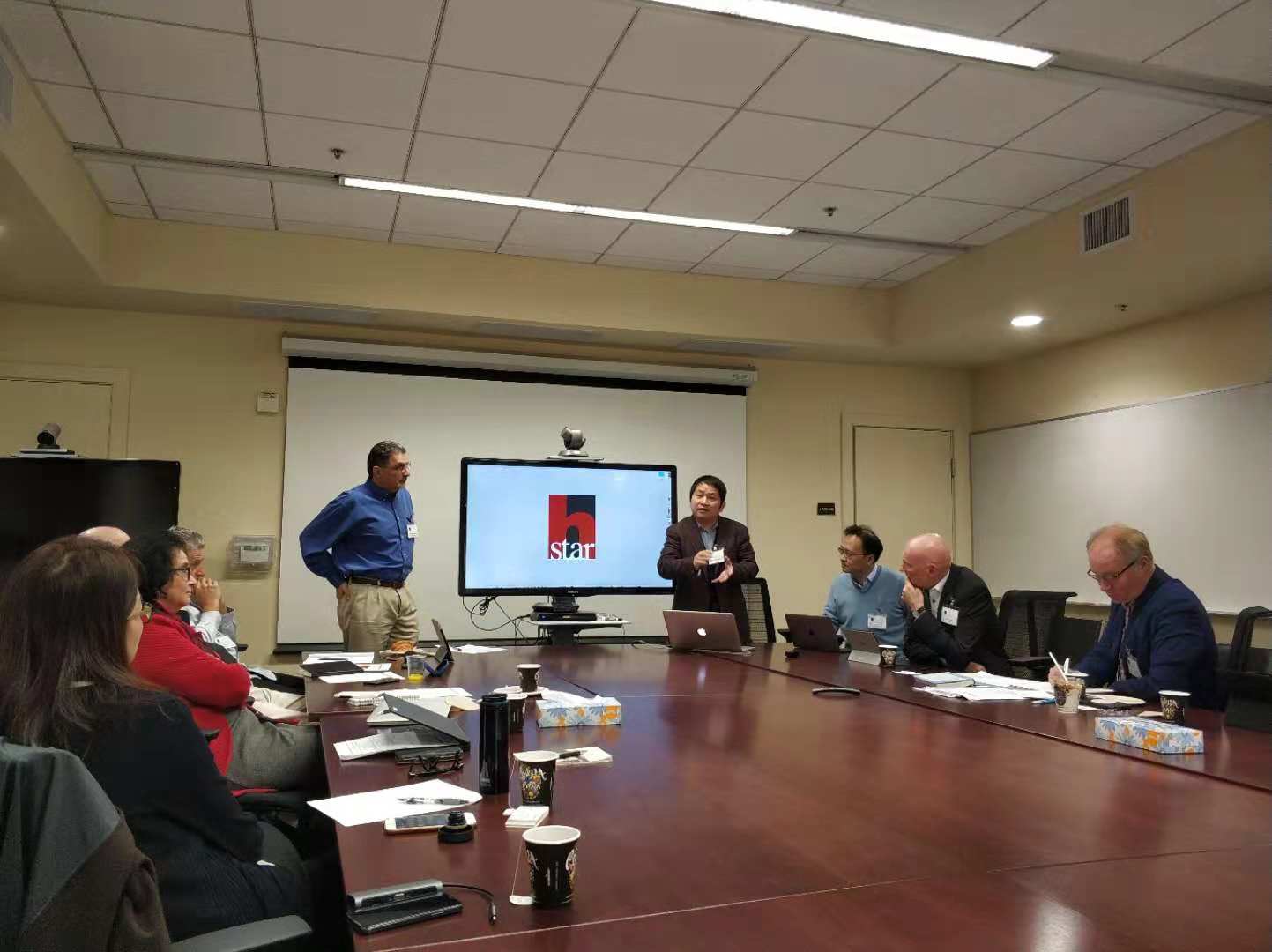
Figure 6: Professor Yu discusses with other delegates
Professor Jia Liu and Professor Jun Wang from Beijing Normal University also present their work on “4th Classroom” and innovative learning, and how to address the current educational problems.
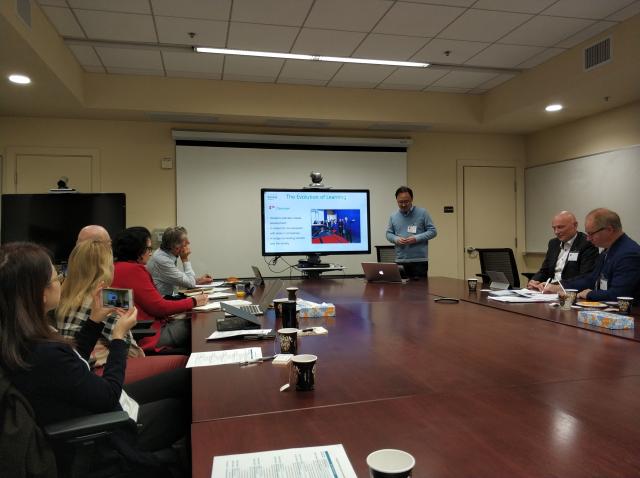
Figure 7: Professor Jia Liu introduces the "4th Classroom" idea
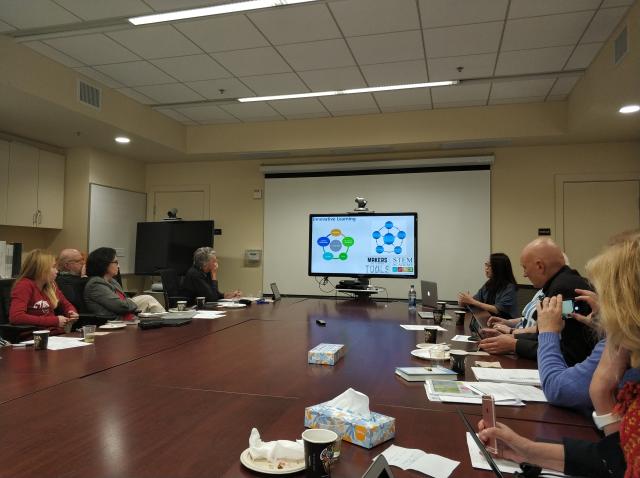
Figure 8: Professor Jun Wang talks about innovative learning
Ms. Yan Peng presented “An Intelligent Teacher Assistant Based on Knowledge Graph in Moral Education”, in which she introduced the background of moral education on K-12 students and pointed out the existing problems. She then talked about how to utilize the AI technologies of knowledge graph and dialogue system to build an intelligent assistant for moral problem consultation.
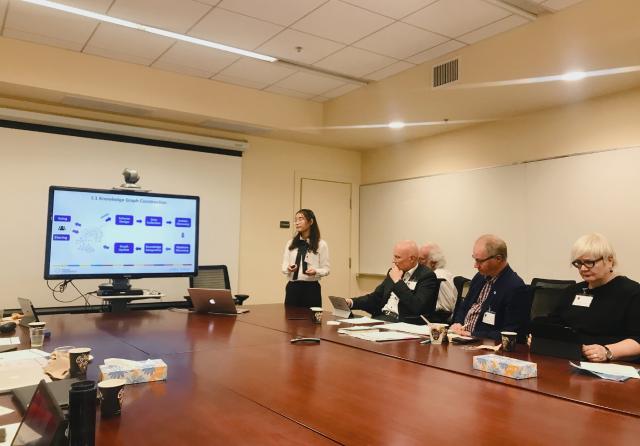
Figure 9: Ms. Yan Peng describes how to build knowledge graph of moral education
Dr. Penghe Chen introduced “Prerequisite Driven Deep Knowledge Tracing”, in which he introduced the current problem of knowledge tracing and how to utilize the prerequisite relations between subject concepts as additional constraints to further improve the knowledge tracing model.
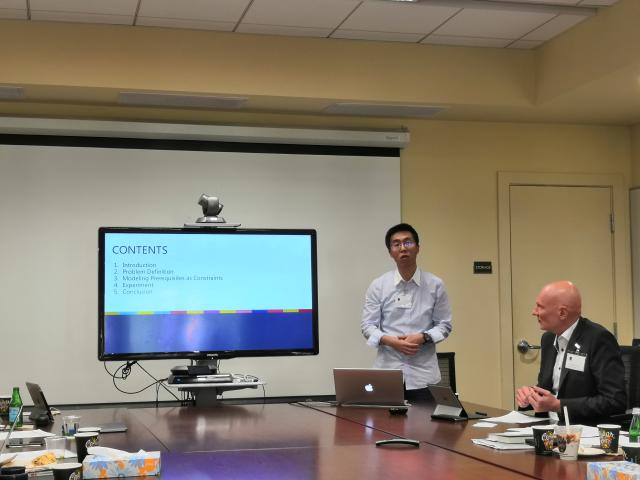
Figure 10: Dr. Chen presents the research work on knowledge tracing
Delegates from Stanford University presented their research work related to educational problems. Professor Keith Devlin introduced how to break the symbol barrier through games in learning. Professor Chris Piech described his work on deep knowledge tracing, Bayesian program learning and zero shot learning. Professor Prashant Loyalka illustrated how the college learning were different from China, India, Russia and the US’s.
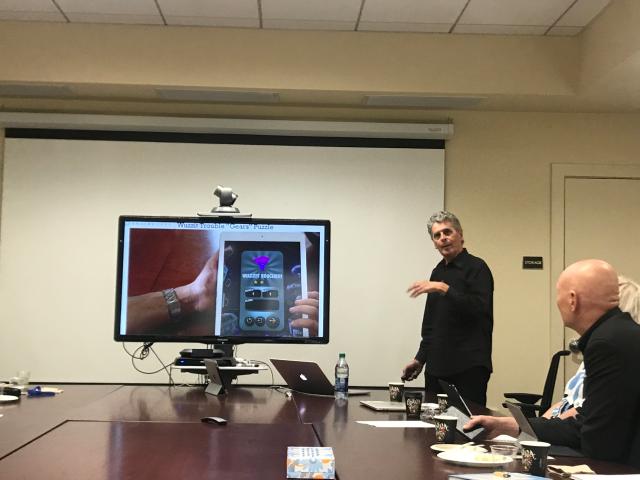
Figure 11: Professor Keith Devlin introduces breaking symbol barrier through games
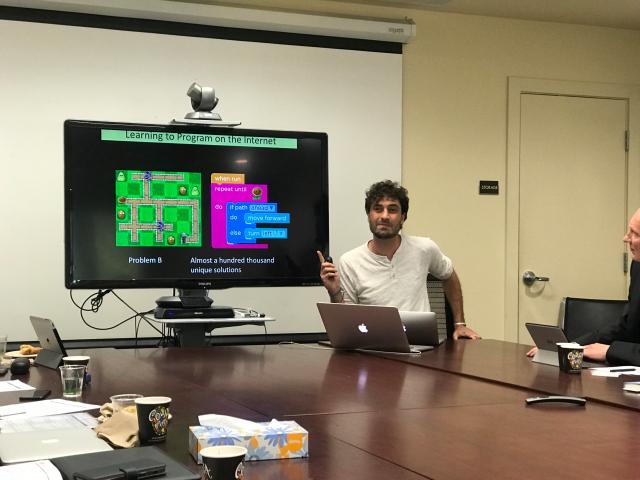
Figure 12: Professor Chris Piech illustrates zero shot learning
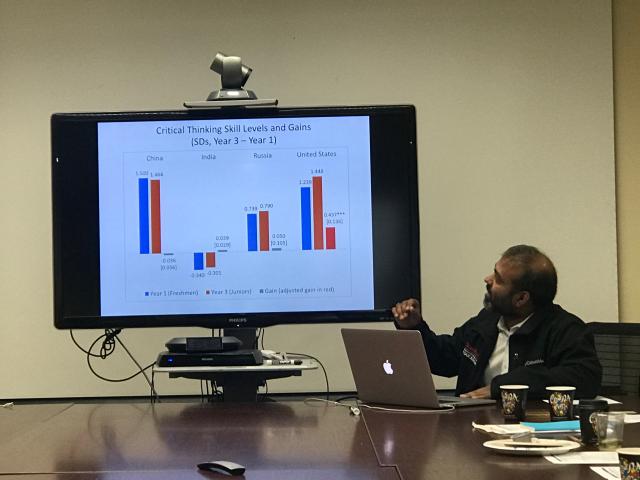
Figure 13: Professor Prashant Loyalka compares college learning between different countries
Delegates from Finland also introduced their work and thoughts on how to apply artificial intelligence in education. Professor Hannele Niemi, from university of Helsinki, discussed how AI can change education, from both learning progress and expertise perspectives. Professor Katariina Salmela Aro from University of Helsinki and Professor Barbara Schneider from Michigan State University talked about their joined work on optimal learning moments. Professor Heli Ruokamo from University of Lapland talked about her work on pedagogical model design.
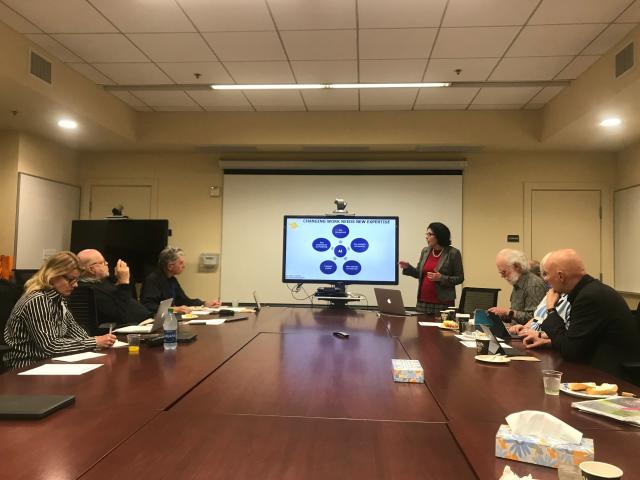
Figure 14: Professor Hannele Niemi talks about changing expertise
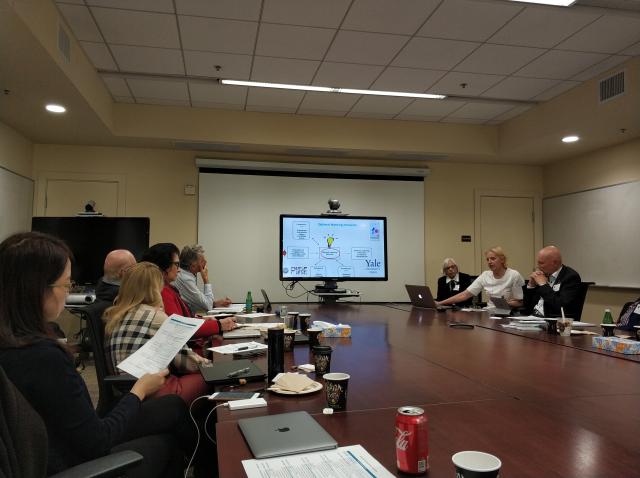
Figure 15: Professor Barbara Schneider and Professor Katariina Salmela Aro talks about optimal learning moments
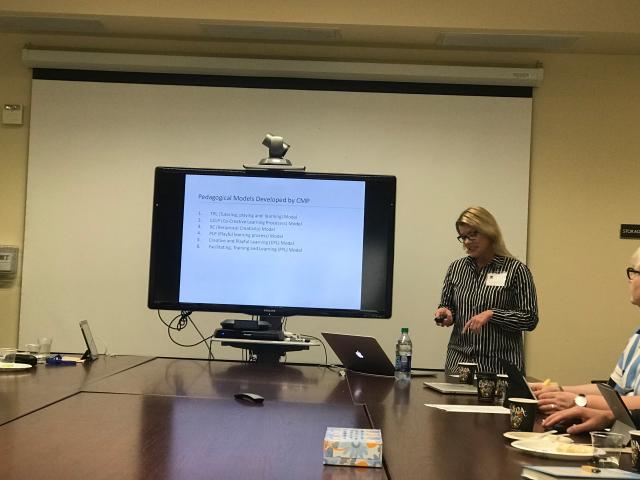
Figure 16: Professor Heli Ruokamo talks about pedagogical model
Subsequently, the three parties discussed the form and content of this cooperation in a random group, and gathered all the experts' wisdom and ideas for promoting the development of this cooperation.
Delegates also attended the “business roundtable on AI and big data in learning and education” organized by mediaX of Stanford. In this roundtable, researchers from Stanford University, University of Helsinki and Beijing Normal University presented their thoughts on how to apply AI on education. Delegates from different industry companies also introduced their products and ideas on AI with education. In addition, Dr. Peter Norvig from Google was invited to present his view about AI on education.
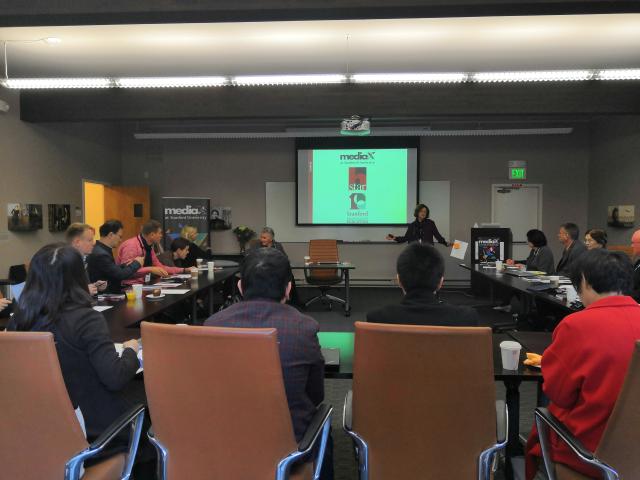
Figure 17: Professor Martha Russell, the executive director of mediaX, welcomes all the delegates
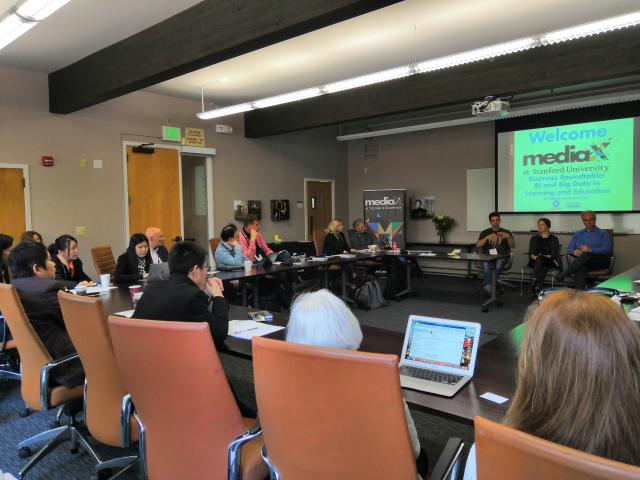
Figure 18: Discussion Session
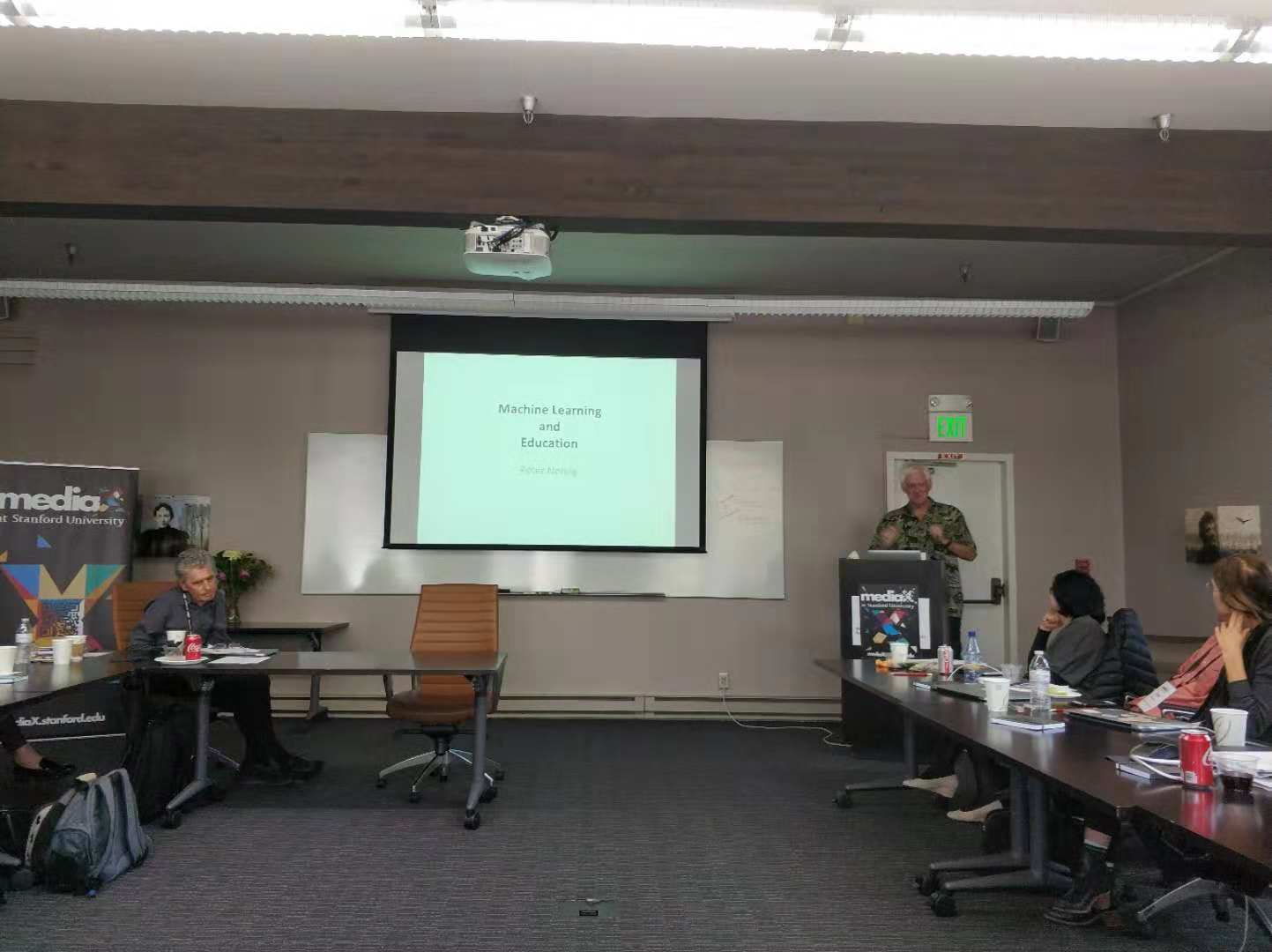
Figure 19: Dr. Peter Norvig presents Machine Learning and Education
The workshop lasted for three days and more than 30 delegates from the US, Finland and China attended. Through the discussion, representatives of the three parties have reached a consensus on the direction of collaboration.
H-STAR:
H-STAR, the Human-Sciences and Technologies Advanced Research Institute, is a Stanford interdisciplinary research center focusing on people and technology — how people use technology, how to better design technology to make it more usable (and more competitive in the marketplace), how technology affects people's lives, and the innovative use of technologies in research, education, art, business, commerce, entertainment, communication, national security, and other walks of life.
MediaX:
MediaX is the affiliate program of the H-STAR Institute extending from the Stanford Graduate School of Education to over two dozen interdisciplinary labs at Stanford. mediaX brings innovative companies and researchers together to explore thoughtful uses of information technology across the industries of tomorrow.